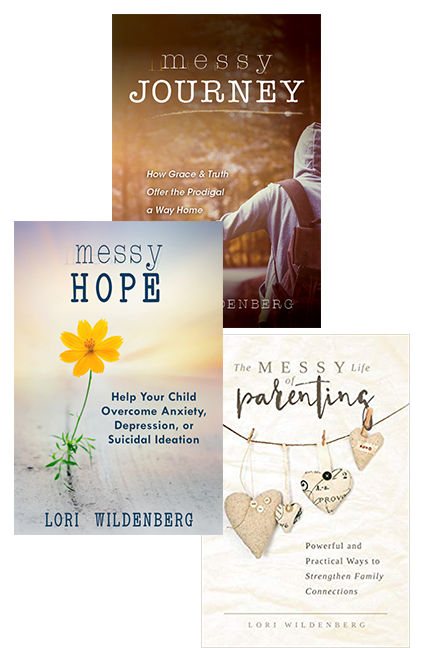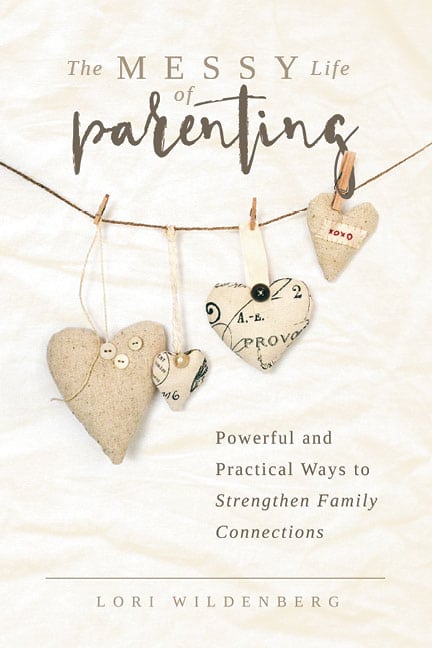
“I just want my kid to be happy.”
This is a typical parent sentiment. Parents who embrace the happy philosophy while implementing the 10 practices below end up with the thing they had hoped to avoid; a bitter, unhappy kid.
The child blames mom and dad for not preparing him for disappointment or failure. He thinks because he wants something, he deserves it. When real life is lived out and this child doesn’t get what he wants a bitter blow up directed at mom and dad is bound to occur.
When we focus on keeping our child happy, we over-play the role of the best bud or chum parent. Everyone likes a happy kid but over-indulging, rescuing, the buddy-buddy approach, or the opposite– extreme punishment will not ultimately produce a happy person.
Here are the top 10 ways to increase bitterness and resentment in a child’s heart.
1. Over-indulgence: Says yes to every material item and whim under the sun. The child never has to earn anything and doesn’t experience the chance to say, “Yes I worked for that.”
2. Indecisiveness: An indecisive parent says, “I don’t know. What do you want? “ It’s OK to have an opinion. Indecision makes a parent appear weak. Kids need a strong leader who knows when to say yes and when to say no.
3. Rescue and excuse: Lack of ownership, accountability, and responsibility occur when mom or dad jumps in to save the day. The child wants opportunities to show himself he is able to handle adversity. This is a confidence booster so instead of rescuing, ask your child, “How an I help you?”
4. Plead and beg: A child does not want a wimpy, whiny, push-over parent. ]The one who whimpers, “Please, please, please take out the garbage.” or cries “Oh can’t you help me…I’m soooo tired.” State what is needed or expected and when it is to be accomplished. Come from a place of strength. Be the parent.
5. Permissive: The question in the child’s mind that begins to take shape when No isn’t present is, “Don’t you care?” The child’s feeling of security bottoms out.
6. Play favorites: Nothing increases resentment and sibling rivalry faster than a parent who favors one child over the other. Find a connection with and an appreciation for each child.
7. Absence: Either emotionally unreachable or physically distant. Close the gap with some relationship builders. Show interest in your kiddo’s life. Put down the phone. Show up to their events. Be your kid’s biggest fan!
8. Uninformed: Be in the know. Remember your child’s friend’s names, be able to name one of his favorite bands or singer, know what is his go-to fast food. Study your child, talk about his interests and activities.
9. Punish harshly: Seething anger grows when punishment goes too far. Avoid delivering consequences when angry.
10. Punish wrongly: If you accuse your child of wrong doing, be accurate. One time my husband and I accused our son of intentionally omitting some important information. As it turned out, we were wrong. He’s forgiven us, but he sure hasn’t forgotten the incident. (I still feel horrible about it)
Resentment is built over time with repeated patterns. It is the over-use and continued use of these strategies that grows bitterness. Most of us have engaged in some of these practices. I confess, I have done a number of them over the years. It isn’t good, I know. I also know I am not perfect.
Join me and let’s up our game and learn how to be the best parent we can be for our kids. We don’t want resentment to be part of my family equation. Let’s build a relationship with our kids that lasts a lifetime.
Fathers, do not embitter your children, or they will become discouraged.
Colossians 3:21




Thanks for sharing your words of wisdom! I’ve read your book and continue to tell people about it. I needed this reminder today to stay focused in prayer.
Thanks so much Lisa! Your words bless my heart BIG TIME! …hey if you don’t mind. could you post a review on Amazon for Messy Journey? (that is if you haven’t already)